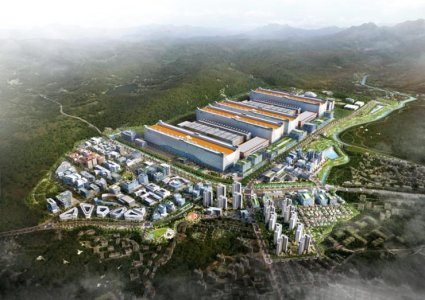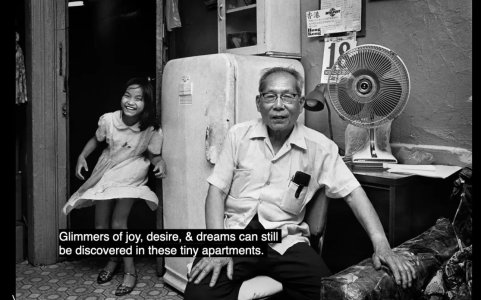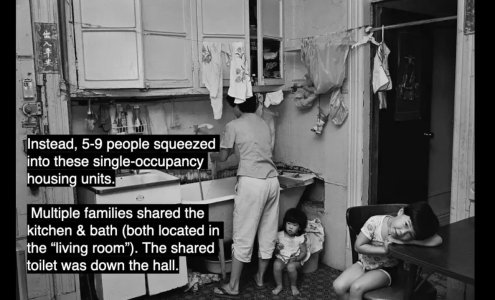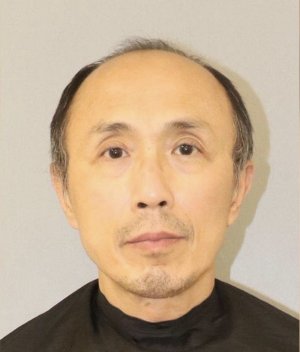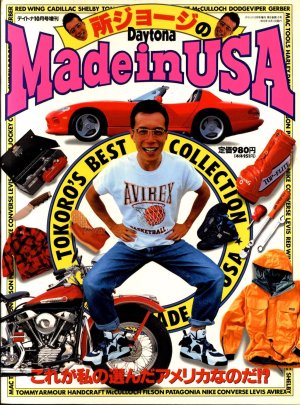I recently heard about something called "Asian privilege" where Asians benefit more than black/white/every other folks: make more $, get admitted to best schools, lack of crimes, etc.
Has anyone heard about this and can aware us?
I'm not Asian, but I can share a general theory regarding labor market discrimination and how it affects different groups.
I don't like using "benefited" in the sense of discrimination but Asian American see very unique outcomes in the labor market. And sorry for talking about large groups like a monolith
So the the "Asian privilege" things people observe is actually statistical discrimination working in favor of some Asian American workers. The theory goes that since individual employer (or police, or admission officers, or who making a choice) can't fully observe or know what kind of person they are interacting with truly is; so because of that, they fall back on information that have about the groups that person belongs to, in other words, they use stereotypes.
Let's look at the dark side of it, because I think it drives home the point better:
This hurts black people a lot because even if a hiring manager is not racist, he doesn't know exactly want kind of person the black person he/she is interviewing truly is. So he/she falls back on information they know (or believe) about black people. They usually on average go to worst schools, or are mistreated at good ones, they might have gotten into college on a quota, they might not have acquired the same level of human capital as a white or Asian person with the same qualifications. Now these things may or may not be true, but the hiring manager believes it. So the assign the stereotypes of a group on that individual black person.
Now this can be powerful, because of so many socioeconomic factors and America's history, people of different races face different challenges. Because of this we see different outcomes for different races; so many of these stereotypes have some truth in it.
A simpler example: Take race and social factors out of it. Let us say you are a hiring manager and a loading dock and you need to hire workers to lift and carry things all day. Would you hire more men or more women? Well statistically men are stronger than women, so even if you're a woman yourself, you would be more inclined to hire men because you assume they will be more productive.
Back to race: Even if you're a black hiring manager, you might assume the white person will be more productive than the black because they probably went to a better school, got more resources available to them to build their human capital. You don't know if it true in this case, but you just rely on stereotypes and incomplete information drawn from social outcomes.
One way around this is having good "test" or signals of what kinda of person applying for a job actually is. That is why you get the more involved interview processes, why a college degree is so important, for jobs that really shouldn't require it( the degree sends a strong signal about competency), and why drug testing is pushed in some cases.
Another example: drug testing. Society believes black men use drugs at higher rates, which is not true, whites up and down the socioeconomic ladder use it at the same rate or slightly, slightly higher. So when you see drug testing put in place in these higher paid industries, white folk (and women in general) started to get popped more than people thought. Basically, firms got the rude awakening that everybody used drugs about the same rate. As a result white wages got driven down slightly, black people got slightly more opportunities, and the the wage gap shrunk a lil in some industries because of the testing. In short, drug testing which is assumed would hurt black people, actually helped them.
Now thing about Asians, in America, the Asian community is generally viewed very well, especially when it comes to the labor market. A hiring manager that may assume bad things about a black person because of lack knowledge and falling back on stereotypes, may assume the best about an Asian person because of stereotypes about Asians. They have good analytical minds, they worked hard in school, they will be follow orders, they are willing to put their job first in their lives. In doesn't matter if they stereotype lines up with reality or not, people just have to believe they do. And well know this is not true of all Asian groups because we see different economic outcomes among demographics of Asians.
And I know that is not universal because a dark skinned Asian person is still gonna be looked at different by the police that a light skinned one. The sad truth is that Asian American's like all other races get a break a lot because of how closely people associate them with desirable aspects of the white community.
So it is not privilege, it is incomplete information that usually cost other minority groups, helping some Asian workers. And I do mean some.










